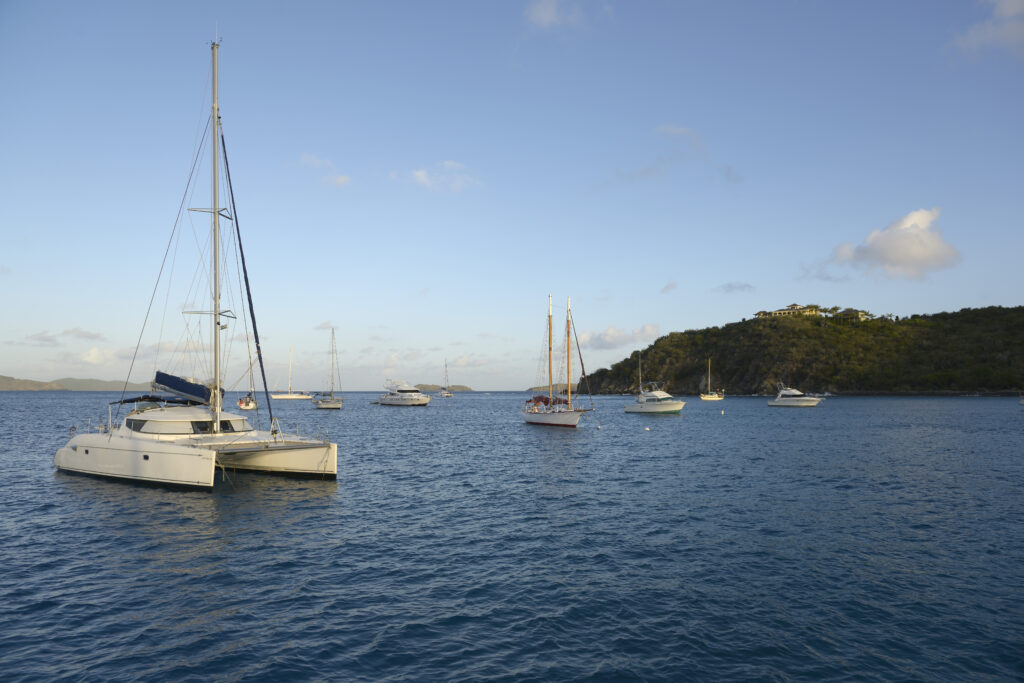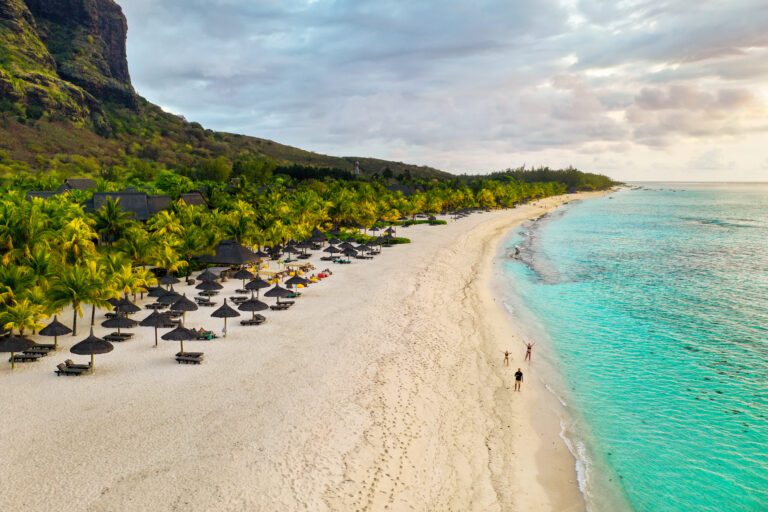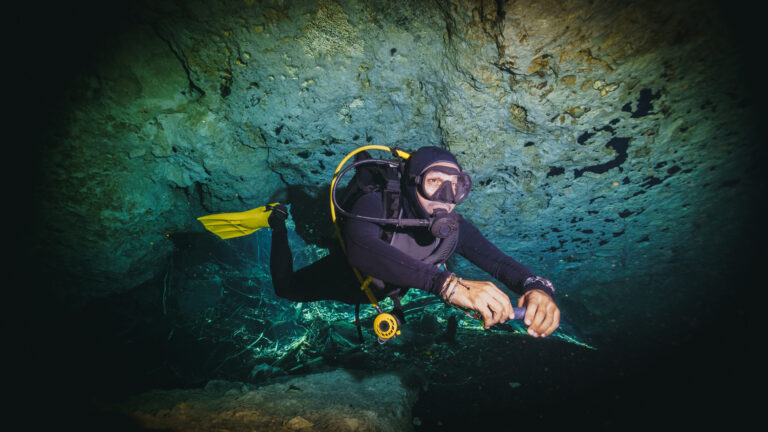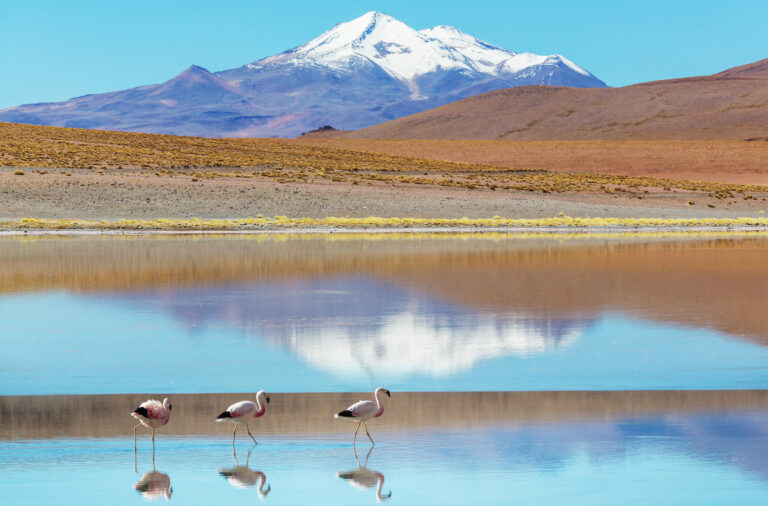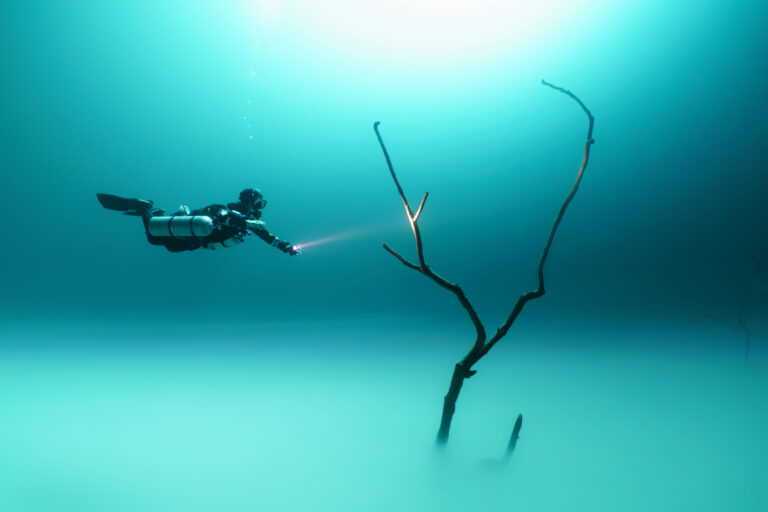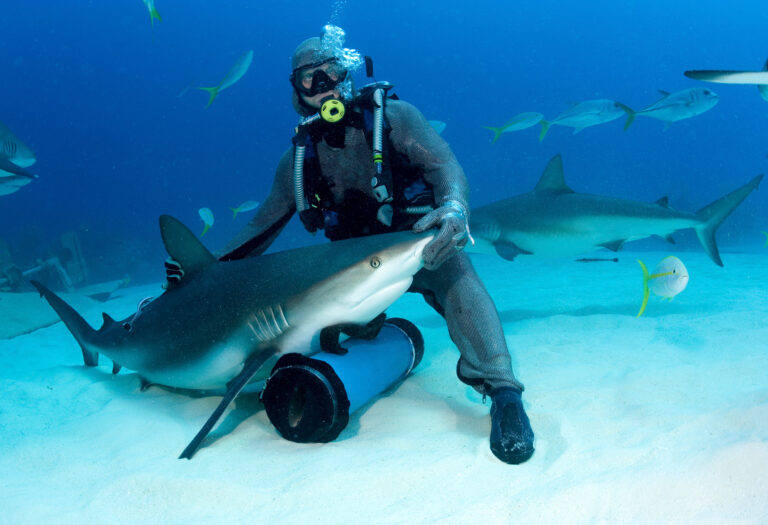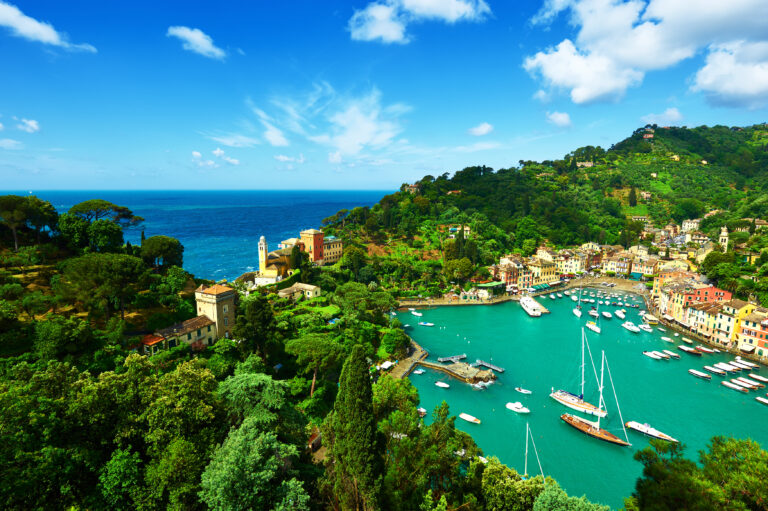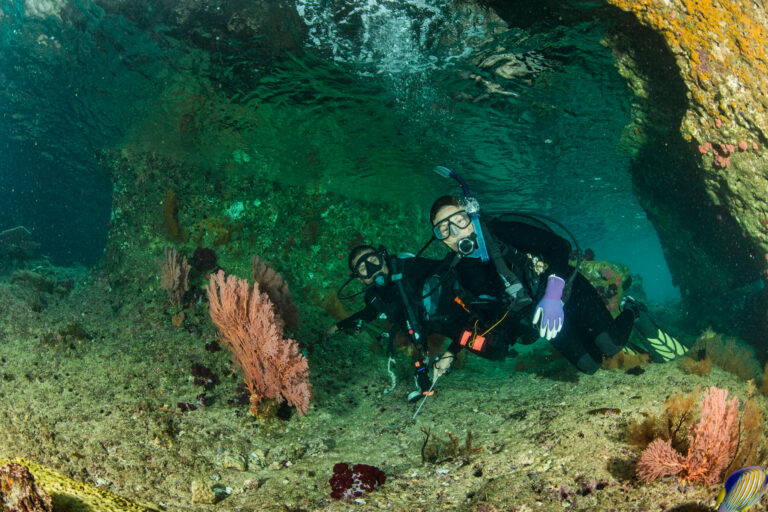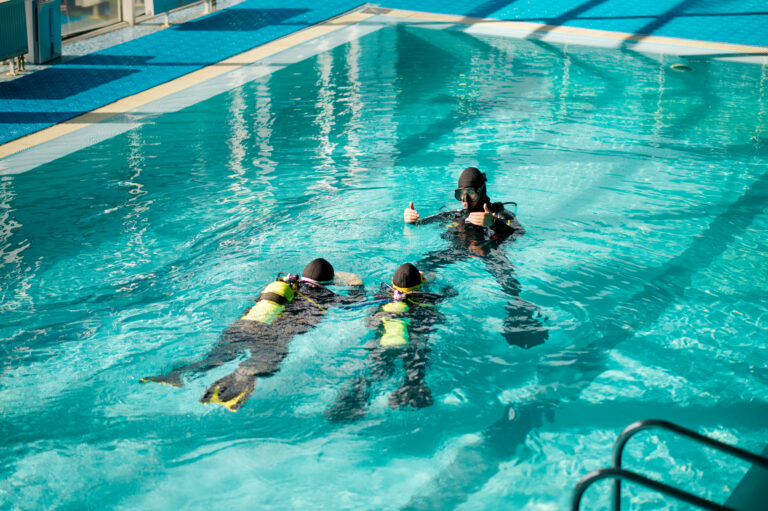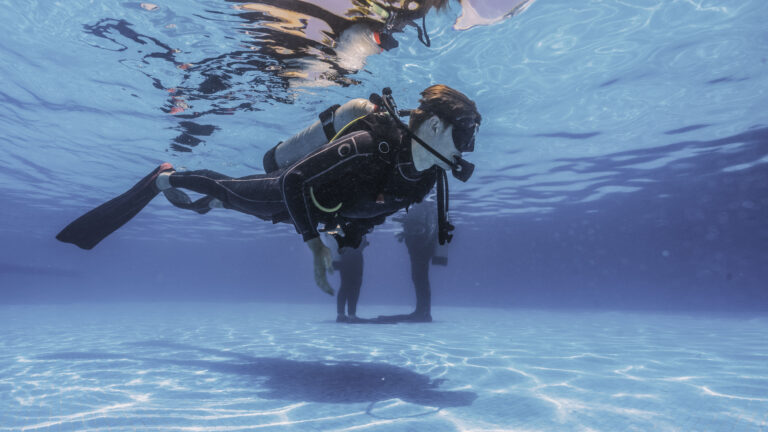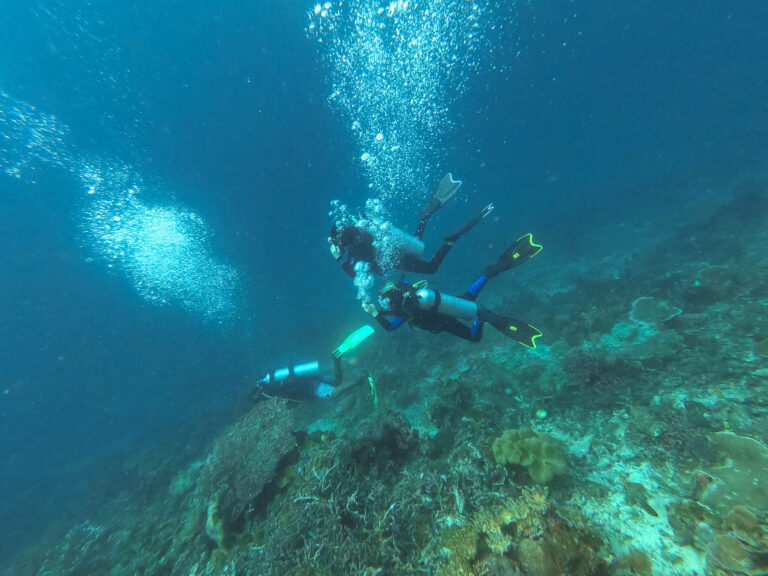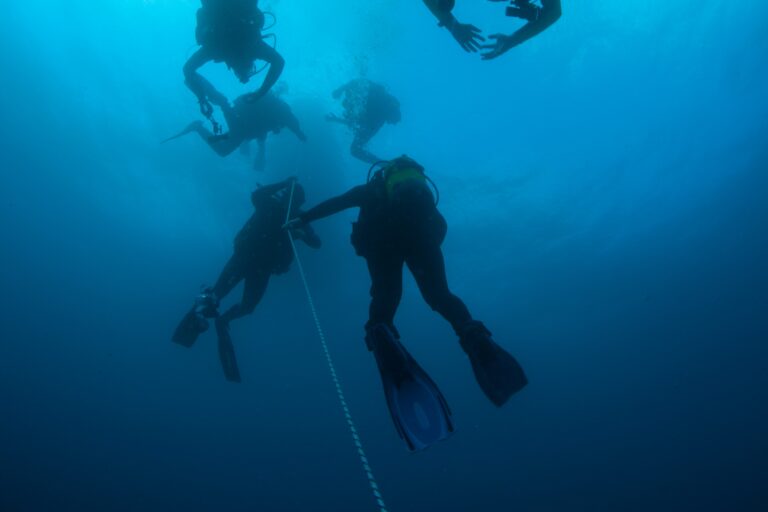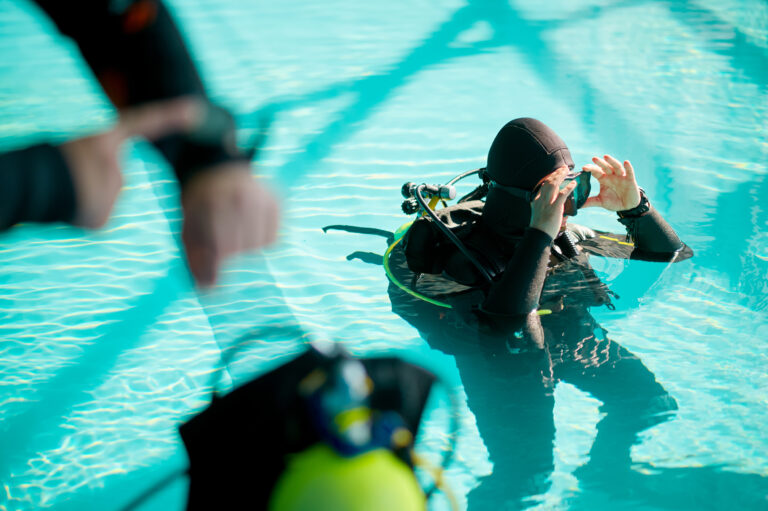SCUBA DIVERS’ TRAVEL GUIDE TO US Virgin Islands
If you are looking for a tropical paradise with crystal-clear waters, colorful coral reefs, and diverse marine life, the US Virgin Islands might be your ideal destination. This Caribbean archipelago offers scuba divers a chance to explore the underwater wonders of three main islands: St. Thomas, St. John, and St. Croix. Each island has its own unique charm and attractions, from historic shipwrecks and caves to pristine national parks and vibrant fish. Whether you are a beginner or an expert, you will find plenty of dive sites to suit your preferences and skills. The US Virgin Islands also have a rich culture and history, influenced by various European and African traditions. You can enjoy the local cuisine, music, and festivals, as well as the friendly hospitality of the islanders. The US Virgin Islands are a perfect destination for scuba divers who want to experience the best of both worlds: stunning natural beauty and fascinating cultural diversity.
LOCATION AND GEOGRAPHY
Nestled in the crystal-clear waters of the Caribbean Sea, the US Virgin Islands offer a scuba diving paradise composed of three main islands—St. Thomas, St. John, and St. Croix—along with numerous smaller islets and cays. Each island boasts its own unique geography, from the bustling harbors and rolling hills of St. Thomas to the unspoiled natural beauty of St. John’s National Park and the diverse, historic landscapes of St. Croix. The islands lie to the east of Puerto Rico and west of the British Virgin Islands, forming part of the Lesser Antilles island chain. Beneath the surface, divers are greeted by a vibrant tapestry of coral reefs, steep underwater pinnacles, and dynamic wrecks, all set against a backdrop of warm, turquoise waters. The US Virgin Islands’ location at the convergence of the Atlantic Ocean and the Caribbean Sea creates a rich marine ecosystem, making it an ideal destination for divers seeking both adventure and tranquility in a lush, tropical setting.
VISA AND ENTRY REQUIREMENTS
Travelers planning to explore the underwater beauty of the US Virgin Islands should be aware of the visa and entry requirements to ensure a smooth journey. As an unincorporated territory of the United States, the US Virgin Islands (comprising St. Thomas, St. John, and St. Croix) generally follow the same entry protocols as the mainland. US citizens do not require a passport for entry but must carry proof of citizenship, such as a birth certificate along with a government-issued photo ID. For non-US citizens, the requirements are the same as for entering the United States; most will need a valid passport and may require a visa, depending on their nationality. Visitors from countries that are part of the Visa Waiver Program can enter without a visa for stays of 90 days or less, but they must obtain authorization through the Electronic System for Travel Authorization (ESTA) prior to arrival. It’s important to check the latest information from the US Department of State or the US Virgin Islands’ official tourism website before planning your trip, as regulations can change.
GETTING TO US Virgin Islands
Getting to the US Virgin Islands for an unforgettable scuba diving adventure is a breeze for travelers, especially those coming from the United States, as no passport is required for U.S. citizens. The islands are served by two main airports: Cyril E. King Airport on St. Thomas (STT) and Henry E. Rohlsen Airport on St. Croix (STX). Major airlines offer direct flights from several U.S. cities, and connecting flights are available for international visitors. Once you’ve landed, a short ferry ride can take you to St. John, or you can opt for inter-island flights if you prefer a quicker transfer. With its convenient accessibility, the US Virgin Islands are a prime destination for divers looking to explore the vibrant coral reefs, historic shipwrecks, and the crystal-clear waters of the Caribbean Sea.
BEST TIME TO DIVE
The US Virgin Islands, with their warm, crystal-clear waters, offer a year-round scuba diving paradise, but the best time to dive these Caribbean gems is typically from April to August. During these months, divers enjoy the calmest seas, the best underwater visibility, and the warmest water temperatures, ranging from 79°F to 83°F (26°C to 28°C). This period avoids the peak of hurricane season, which runs from June to November, with the highest risks in August and September. While diving is still possible during these months, conditions can be less predictable. The off-peak season, from September to November, can also offer quieter dive sites and potential discounts on travel and accommodation, but always keep an eye on weather forecasts. With a diverse array of marine life and stunning coral reefs, any time you choose to dive in the US Virgin Islands is sure to be an unforgettable experience.
ACCOMMODATION OPTIONS
Accommodation options in the US Virgin Islands cater to a diverse range of preferences, ensuring that scuba divers can find the perfect base for their underwater adventures. Whether you’re looking for luxury or simplicity, the islands offer a variety of choices, from upscale resorts with on-site dive shops to charming beachfront villas that provide a more intimate experience. St. Thomas boasts a selection of high-end hotels with all the amenities one could desire, while St. John offers eco-friendly lodges and quaint inns nestled in its lush landscapes. St. Croix, the largest of the islands, features historic bed and breakfasts as well as private condos that allow divers to enjoy both the vibrant marine life and the island’s rich cultural heritage. Many accommodations are strategically located near popular dive sites and offer gear rental and storage, making it convenient for guests to explore the islands’ renowned reefs and wrecks. With options to suit every budget and style, the US Virgin Islands are a haven for divers seeking both underwater thrills and topside comfort.
DIVE OPERATORS AND DIVE SHOPS
In the US Virgin Islands, a paradise for underwater explorers, dive operators and shops are your gateway to the vibrant coral reefs, historic shipwrecks, and teeming marine life that characterize these turquoise waters. From St. Thomas to St. John, and the less-traveled St. Croix, each island boasts its own unique dive shops, offering personalized experiences for both novice and seasoned divers. These operators prioritize safety and environmental responsibility, often contributing to coral restoration projects and eco-friendly practices. They provide a full range of services, including equipment rentals, certification courses, and guided dive excursions tailored to your skill level and interests. Knowledgeable local guides are eager to share the hidden gems of their underwater world, ensuring that each dive is not just a dip beneath the waves, but a memorable journey into the heart of the Caribbean’s subaquatic splendor. Whether you’re looking to explore the famous Cane Bay Wall or the intriguing wreck of the RMS Rhone, the dive shops of the US Virgin Islands stand ready to make your underwater adventure both seamless and spectacular.
TRANSPORTATION WITHIN US Virgin Islands
Transportation within the US Virgin Islands is convenient and varied, offering visitors several options to navigate between the islands and access prime scuba diving locations. The most common mode of inter-island travel is by ferry, with regular services connecting the main islands of St. Thomas, St. John, and St. Croix, allowing divers to easily hop from one island to another. For a quicker transfer, especially to reach more remote dive sites or for those on a tight schedule, water taxis and chartered boats are available. On land, rental cars and taxis are the preferred methods for reaching different marinas and dive shops, with driving on the left side of the road being the norm. For those staying on St. Thomas or St. Croix, a unique option is the ‘safari taxi,’ an open-air, covered truck that offers a scenic and breezy ride to popular destinations. Regardless of the mode of transportation, the US Virgin Islands’ compact size ensures that stunning dive spots are never too far away, making it an ideal destination for underwater adventurers.
CURRENCY AND PAYMENT METHODS
When traveling to the US Virgin Islands for a scuba diving adventure, it’s important to note that the local currency is the US Dollar (USD), which makes transactions convenient for American travelers. Credit cards are widely accepted at most dive shops, resorts, and restaurants, especially on the main islands of St. Thomas, St. John, and St. Croix. However, it’s advisable to carry some cash for smaller purchases, tips, or in the less commercialized or remote areas where electronic payments might not be as readily accepted. ATMs are available, but they may be less frequent as you move away from the more populated areas. It’s also worth checking with your bank about foreign transaction fees, even though the currency is the USD, as some banks may charge additional fees for transactions made outside the continental United States. Always have a backup payment method and inform your bank of your travel plans to avoid any potential issues with your cards while enjoying the underwater beauty of the US Virgin Islands.
LANGUAGE AND COMMUNICATION
When diving in the US Virgin Islands, English is the primary language used for communication both above and below the water. Dive operators, instructors, and locals are predominantly English speakers, ensuring a seamless experience for English-speaking divers. However, due to the islands’ popularity with international tourists, you may encounter dive staff who also speak other languages, such as Spanish or French. Underwater, divers universally rely on hand signals to communicate, and it’s essential to review these signals during your pre-dive briefings. Dive shops and boat crews are typically well-versed in these standard gestures, ensuring that even if you dive with people from various linguistic backgrounds, everyone can understand each other when verbal communication isn’t possible. Always remember to establish clear signals with your dive buddy for key messages such as “low on air,” “problem,” or “look at that amazing sea turtle!” to ensure a safe and enjoyable dive experience in the stunning waters of the US Virgin Islands.
LOCAL CULTURE AND ATTRACTIONS
The US Virgin Islands, a mesmerizing trio of St. Thomas, St. John, and St. Croix, not only offer an underwater paradise for scuba enthusiasts but also a vibrant tapestry of local culture and attractions that beckon exploration. Above the surface, visitors can immerse themselves in the islands’ rich history by touring the colonial-era forts like Fort Christiansvaern, or by wandering through the charming streets of Charlotte Amalie, with its Danish-influenced architecture and bustling marketplaces. The local cuisine, a flavorful fusion of African, European, and Caribbean influences, can be savored at lively food festivals or quaint seaside eateries, where dishes like kallaloo soup and johnnycakes are served to the rhythms of calypso and reggae. Cultural events such as the colorful Carnival celebrations showcase the islands’ heritage through music, dance, and parades. Meanwhile, nature lovers can venture into the lush terrain of the Virgin Islands National Park on St. John or the verdant botanical gardens on St. Croix, offering a serene counterpoint to the aquatic wonders that lie beneath the waves. Whether it’s through engaging with the friendly locals or partaking in the myriad of land-based excursions, the US Virgin Islands present a multifaceted experience that enriches the soul of every traveler.
CULTURAL ETIQUETTE AND TIPS
When visiting the US Virgin Islands for a scuba diving adventure, it’s important to embrace the local customs and cultural etiquette to ensure a respectful and enriching experience. As a US territory, many American norms apply, but the islands have a distinct Caribbean flair. Greet locals with a friendly “Good morning,” “Good afternoon,” or “Good night,” depending on the time of day, as this is a common courtesy. Dress conservatively when not on the beach or dive boat; wearing swimwear or revealing clothing away from the water is frowned upon. Environmental conservation is highly valued, so be mindful of the fragile coral reefs and marine life by not touching or taking anything from underwater sites. Tipping is customary and similar to mainland US standards, with 15-20% being the norm for dive guides and service providers. Lastly, the pace of life is slower and more relaxed on the islands, so embrace ‘island time’ and be patient with service and schedules, allowing yourself to unwind and truly enjoy the serene beauty of the US Virgin Islands.
LOCAL LAWS AND REGULATIONS RELEVANT TO TOURISTS
When planning a scuba diving trip to the US Virgin Islands, it’s crucial to familiarize yourself with local laws and regulations to ensure a safe and lawful experience. The USVI is known for its stunning underwater environments, which are protected by various environmental laws. Divers must respect all marine protected areas and adhere to the no-take zones, where removing marine life or artifacts is strictly prohibited. It’s also important to maintain a safe distance from the delicate coral reefs to prevent damage. Anchoring on reefs is illegal, and mooring buoys are provided in popular dive spots to prevent anchor damage. Fishing regulations are stringent, and spearfishing is restricted to certain areas and may require a local license. Additionally, all divers must display a diver-down flag when in the water to alert boats to their presence. It’s advisable to check with local dive shops for any recent changes in regulations and to obtain any necessary permits or passes. By respecting these laws, divers contribute to the conservation of the USVI’s precious marine ecosystems, ensuring they remain vibrant for future generations.
SAFETY TIPS AND EMERGENCY CONTACTS
When planning a scuba diving trip to the US Virgin Islands, safety should be your top priority to ensure an enjoyable underwater adventure. Always dive within your certification limits and be familiar with your equipment. It’s crucial to check weather conditions before dives, as sudden changes can affect visibility and currents. Dive with a buddy and stay close to each other, communicating regularly through established hand signals. Be aware of your air supply and plan your dive to avoid decompression sickness. In case of an emergency, know the location of the nearest decompression chamber, which is on St. Thomas at the Charlotte Kimelman Medical Institute. Keep local emergency contacts handy, including the US Coast Guard (Sector San Juan at +1 787-289-2041) and DAN (Divers Alert Network) emergency hotline (+1-919-684-9111 for international assistance). Remember to have a dive plan, inform someone on land of your itinerary, and always carry a surface signaling device. By following these safety tips and having emergency contacts readily available, you can focus on the breathtaking marine life and pristine coral reefs that make the US Virgin Islands a diver’s paradise.
HEALTH AND TRAVEL INSURANCE
Before embarking on your underwater adventure in the US Virgin Islands, it is crucial to consider your health and travel insurance coverage. Scuba diving, while exhilarating, carries inherent risks, and the remote nature of some dive sites can complicate access to medical care in the event of an emergency. Ensure that your travel insurance policy includes coverage for scuba diving activities and potential hyperbaric treatment, as the cost of decompression therapy can be substantial. Verify that your policy also covers medical evacuation, as transportation to a specialized facility may be necessary for advanced care. It’s advisable to carry proof of insurance with you and have a clear understanding of the procedures for claiming medical expenses. Additionally, check if your policy requires you to notify the insurer before engaging in scuba diving. Remember, the nearest recompression chamber is located on St. Thomas, and immediate access to such facilities can be life-saving. By securing comprehensive health and travel insurance, you can dive into the crystal-clear waters of the US Virgin Islands with peace of mind, knowing you are well-protected against unforeseen circumstances.

